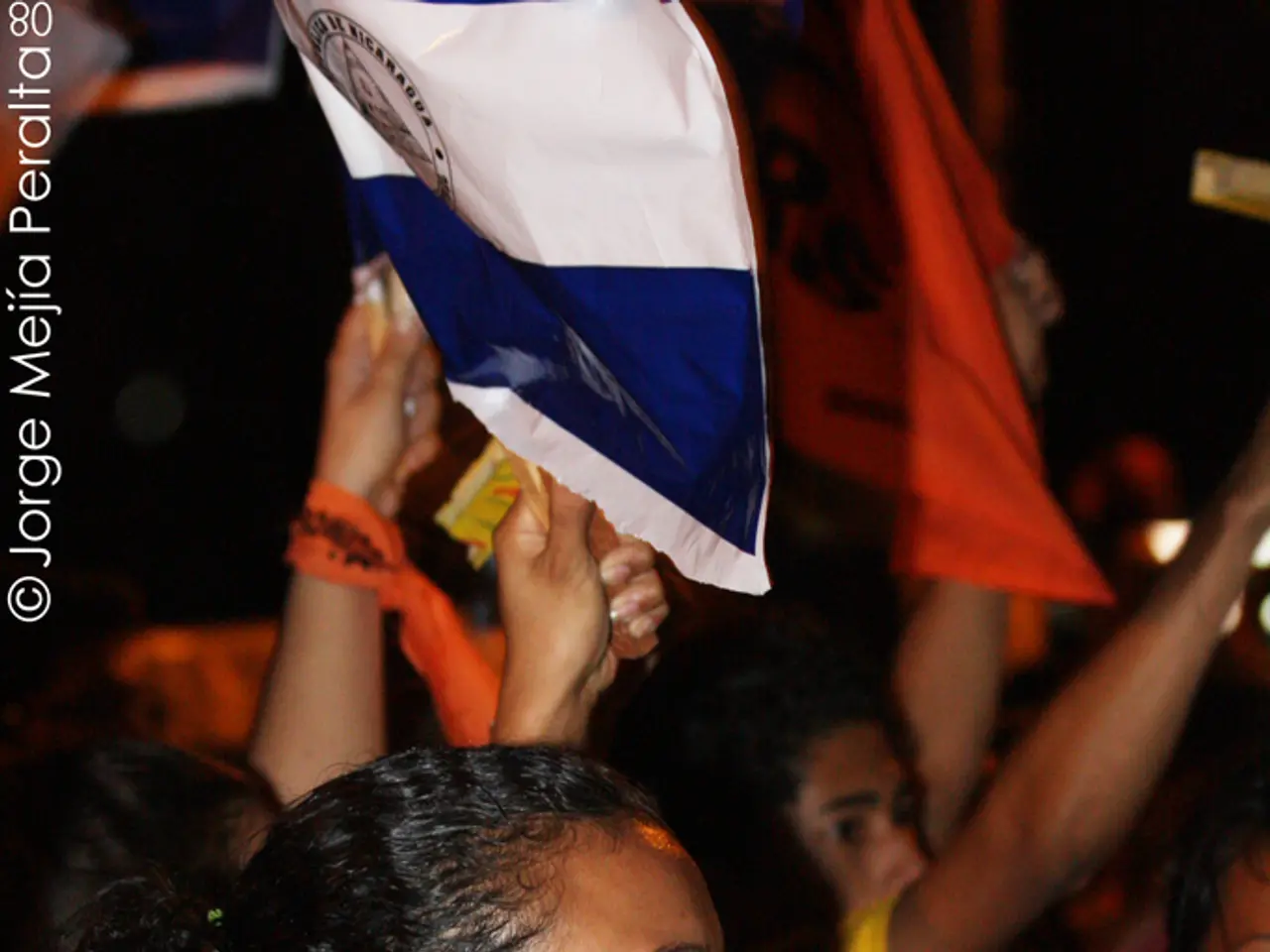Teachers' Role in the July Uprising: Uncovering Acts of Defiance
In the heart of Bangladesh's recent July Uprising, the role of university teachers emerged as a complex and intriguing narrative. While some teachers stood by their students, advocating for reform and supporting their demands, others opposed the protests or remained neutral.
During the uprising, teachers at Rajshahi University were among those who stood against repression and injustice under the guise of a quota system. They joined forces with students, lending moral credibility and strategic shelter to their cause. However, at Jahangirnagar University, at least nine teachers were suspended for their aversive role in orchestrating attacks on general students. This divide among faculty members underscores the varied responses from teachers during the uprising.
Some teachers, like Dr Syed Mohammad Shamsuzzoha, a university proctor during the 1969 uprising, paid the ultimate price for their support. Dr Shamsuzzoha was martyred on the way to the hospital during the uprising. His legacy continues to symbolise a legacy of solidarity between students and teachers in Bangladesh.
In the aftermath of the uprising, over a hundred teachers across various institutions faced boycotts from students. The boycotts resulted from teachers providing information to authorities or discouraging student protests. Some teachers expressed regret for their actions, while others defended their neutrality or claimed they were targeted due to political affiliations.
The aftermath created a challenging environment for teachers, with many feeling unwelcome in their own classrooms. The situation highlighted the need for a proper learning environment and the preservation of trust between teachers and students.
The July Uprising, along with other historical movements like the Language Movement and Liberation War, is seen as integral to Bangladesh's national identity. The Vice-Chancellor of Dhaka University emphasised the importance of preserving these legacies and ensuring a productive academic environment. The uprising's impact on the role of teachers in supporting or opposing student movements remains a topic of discussion and reflection.
In recent events, teachers at universities like Brac and North South have shown solidarity with the protesting students. At Brac University, authorities expressed their support, while teachers at North South University held placards reading 'Justice for Unarmed Students'. Teachers of Jahangirnagar University also participated in a silent procession named 'Jahangirnagar Against Oppression'.
On 2nd August, the University Teachers' Network (UTN) helped organise 'Drohojatra' (March of Defiance) at the National Press Club, where Professor Anu Muhammad demanded that the Prime Minister must resign.
The role of university teachers in the July Uprising continues to be a subject of debate and introspection. As the nation reflects on this tumultuous period, the need for unity, understanding, and a conducive learning environment between teachers and students remains paramount.
Teachers at Brac and North South universities demonstrated solidarity with the protesting students, joining marches and expressing support for the demands of unarmed students. Conversely, teachers at Jahangirnagar University faced boycotts and suspensions from students over their alleged involvement in attacks, highlighting the varied roles of educators during the July Uprising. The debate over the role of university teachers in politics, education, and self-development, as well as their relationship with students, is ongoing and demonstrates the importance of maintaining a conducive academic environment that fosters unity and understanding.




